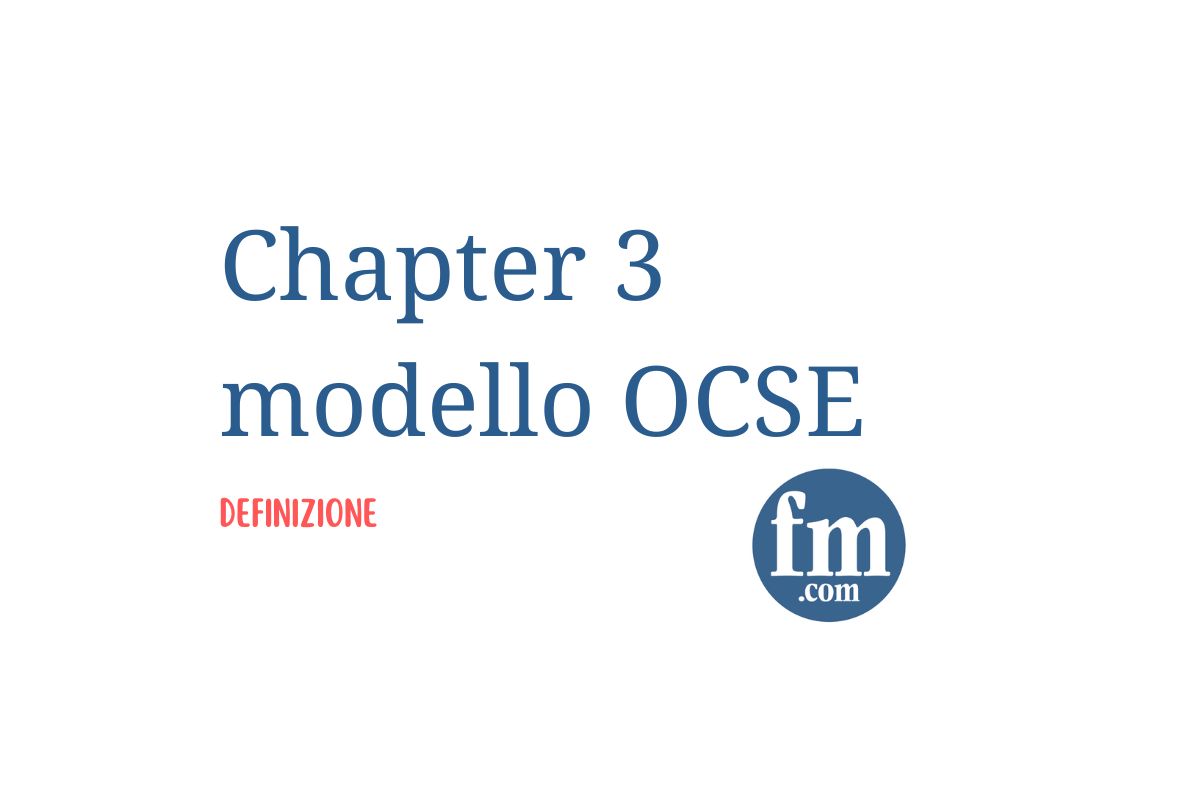MODEL TREATY, ARTICLE 6 INCOME FROM IMMOVABLE PROPERTY
MODEL TREATY, ARTICLE 6 INCOME FROM IMMOVABLE PROPERTY
1. Income derived by a resident of a Contracting State from immovable property (including income from agriculture or forestry) situated in the other Contracting State may be taxed in that other State.2. The term "immovable property" shall have the meaning which it has under the law of the Contracting State in which the property in question is situated. The term shall in any case include property accessory to immovable property, livestock and equipment used in agriculture and forestry, rights to which the provisions of general law respecting landed property apply, usufruct of immovable property and rights to variable or fixed payments as consideration for the working of, or the right to work, mineral deposits, sources and other natural resources; ships, boats and aircraft shall not be regarded as immovable property.3. The provisions of paragraph 1 shall apply to income derived from the direct use, letting, or use in any other form of immovable property.4. The provisions of paragraphs 1 and 3 shall also apply to the income from immovable property of an enterprise.
MODEL TREATY, ARTICLE 7 BUSINESS PROFITS
MODEL TREATY, ARTICLE 7 BUSINESS PROFITS
1. Profits of an enterprise of a Contracting State shall be taxable only in that State unless the enterprise carries on business in the other Contracting State through a permanent establishment situated therein. If the enterprise carries on business as aforesaid, the profits that are attributable to the permanent establishment in accordance with the provisions of paragraph 2 may be taxed in that other State.2. For the purposes of this Article and Article [23 A] [23 B], the profits that are attributable in each Contracting State to the permanent establishment referred to in paragraph 1 are the profits it might be expected to make, in particular in its dealings with other parts of the enterprise, if it were a separate and independent enterprise engaged in the same or similar activities under the same or similar conditions, taking into account the functions performed, assets used and risks assumed by the enterprise through the permanent establishment and through the other parts of the enterprise.3. Where, in accordance with paragraph 2, a Contracting State adjusts the profits that are attributable to a permanent establishment of an enterprise of one of the Contracting States and taxes accordingly profits of the enterprise that have been charged to tax in the other State, the other State shall, to the extent necessary to eliminate double taxation on these profits, make an appropriate adjustment to the amount of the tax charged on those profits. In determining such adjustment, the competent authorities of the Contracting States shall if necessary consult each other.4. Where profits include items of income which are dealt with separately in other Articles of this Convention, then the pr...
Fiscomania.com
Scopri come abbonarti a Fiscomania.com.
Sei già abbonato?
Accedi tranquillamente con le tue credenziali: Accesso


